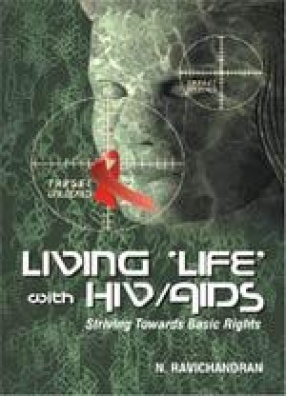
Showing all 4 books

The interplay of socio-political forces, cultural process, value transformation and dynamics of development have aimed to strike a balance between empirical observation of population and reproductive health. That is, development is not an end in itself but a condition of reality. Thus, the centrality of the notion of reproductive health is located in the dynamics of population, development and reproductive behaviour. Along these lines, this book explores a wide ...

The book concentrates on meaningful and measurable elements of stigma and discrimination develop, based on the experiences of people living with HIV/AIDS and perceived by its service provider, actual and potential. It explores the driving forces behind the virus, the impact at different levels, and policies and programmes to make a difference. The book provides a comprehensive overview of prevention, care and support, impact mitigation, providing up-dated ...

In the era of globalisation, successful implementation of development programmes requires an appropriate policy framework, formulation of suitable plan and schemes, and an effective delivery machinery. Indeed, development is a process of mutual endeavour that calls for the involvement of people in all the segments of society. This has necessitated the emergence of institutions, which can function as a catalyst between the state and the civil society, while still ...

The non-governmental sector is a little understood area of institutional life, and has so far received very little attention from scholars. Its increasing roles within a range of public services--health, education and rural development--have also been accompanied by a growing non-governmental 'voice' in the form of campaigning and advocacy within public policy at local and international levels. Yet, our understanding of the implications of the growth of the ...
